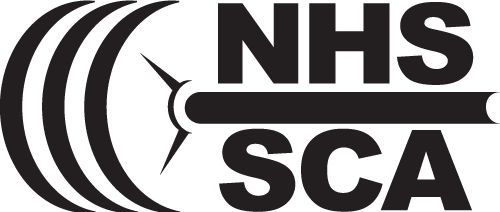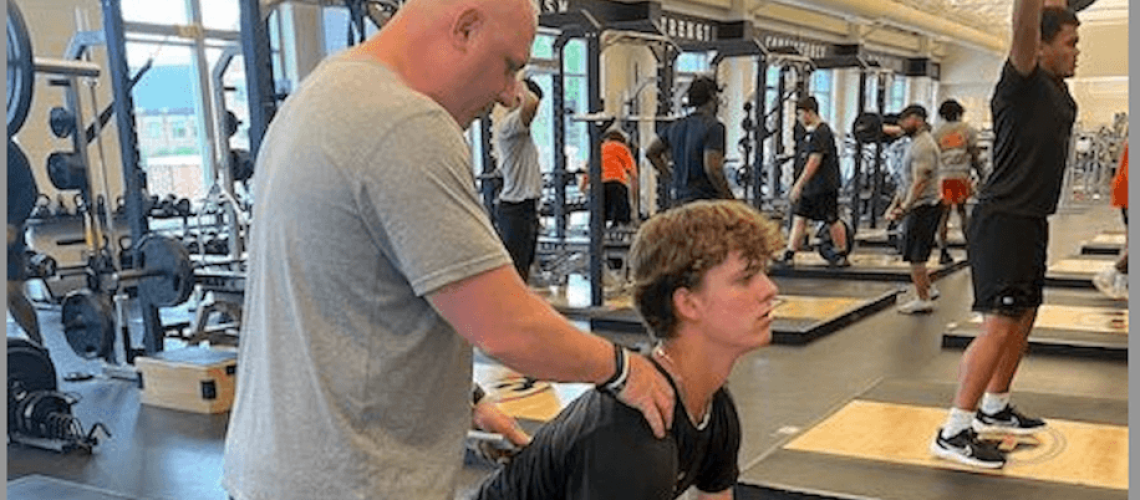By Bryan Van Vleet
It’s that time of year again when Strength Coaches are closing the school year and gearing up for their summer training. As part of this process, coaches are posting training videos of their students. We are in a very opinionated profession, and social media posts often attract a lot of strong comments toward the coach or the athlete.
The NHSSCA is an organization that was founded on the principles to Educate, Equip, and Empower its members so that they can give their students the best training possible. The organization Educates through conferences, articles, and social media. The NHSSCA strives to Equip its members through the education they provide, which, in turn, Empowers their members. As members of the NHSSCA, we should embody these values to help promote our careers in the most professional light possible.
We all have influence and the capacity to empower others, whether that be our athletes or other coaches. With social media, that influence stretches broader and farther than ever. In the high school and middle school setting, we interact with students and parents where the vast majority of them might not have much formal knowledge about strength and conditioning, but they often have social media knowledge. There are a lot of great examples and bad examples of training that are easy to find on social media. We must remember that these are just snippets of the coach’s program. We are not getting the full view of somebody’s program; most of the time, they are not posting the “why” behind what they are doing. They are just trying to celebrate the athletes’ successes and progress.
Any seasoned Strength and Conditioning Coach could walk into the most well-run strength and conditioning program and find things that could be better. I am in no way saying coaches should turn a blind eye on bad coaching and programming. We should all strive daily to improve our coaching and be open to constructive criticism from other coaches. It’s important to be thoughtful about how we express our concerns.
When we decide to offer constructive criticism of a coach’s program in the form of a social media post, let’s evaluate our true intentions. Is it to help correct poor programming and coaching to help better our profession? Or is it for the likes and the clicks? Is it for the shock value to make us feel smarter or like a superior coach? If we truly wanted to illicit change in our profession, we would avoid blasting other programs and coaches on social media. Coaches will be more receptive to constructive criticism if someone reaches out to them personally and privately. Reach out and get to know their “why” behind what they are doing. Then you will have more of an opportunity to help educate and mentor the coach. I don’t know of any coach who wants to accept advice from someone who has tried to attack and embarrass them on social media. Coach-shaming on social media is never the way to effectively offer true constructive criticism. We cannot expect our profession to garner the respect that it deserves if we do not even treat our peers professionally.
An unintended side effect of coach-shaming on social media is that it negatively affects the athlete. Teenagers are typically heavy users of social media, and the teenagers in the videos will undoubtedly see those negative comments and re-posts. Although the negative comments are intended to be directed toward the coach, the teenager will most likely internalize the negative comments and feel personally attacked. We don’t want our athletes to collapse under a bit of constructive criticism, but I think we can all agree that social media comments often lean toward being destructive criticism.
An essential responsibility of coaching high schoolers is to help build up and prepare our next generation of leaders. We constantly talk to our students about the negative effects of targeted bullying and how we need to treat everyone in our community with respect. Since Strength Coaches invest so much time into building positive relationships with our athletes and strive to be good examples for them, let’s show them how to use social media in a healthy manner to Empower others.
Bryan Van Vleet is the Director of Strength and Conditioning/Fitness at Ensworth High School in Nashville, TN. He holds a master’s degree in Exercise Science from Tennessee Tech University and began a career in strength and conditioning in 2001.


